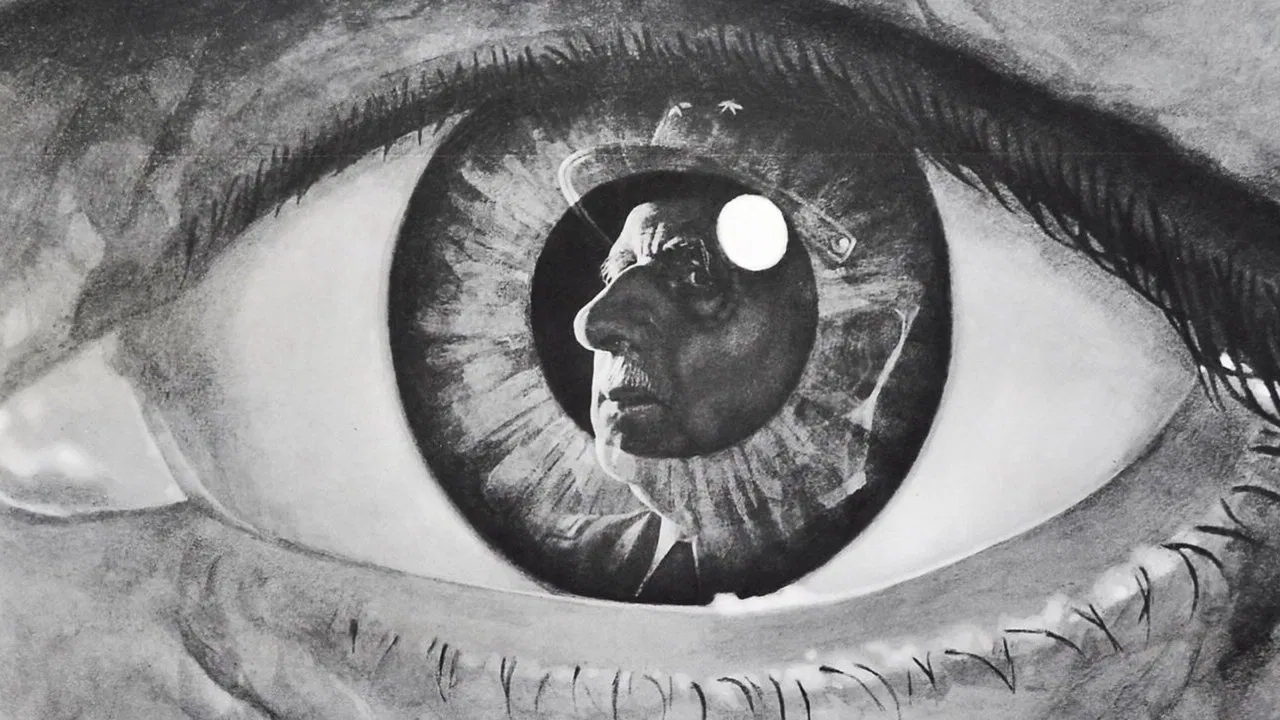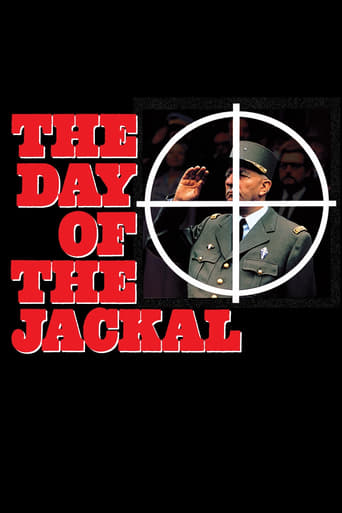

I was very excited to finally watch The Day of the Jackal, especially with the top reviews and Edward Fox in the lead role. I know this will draw many people who disagree, and that's fine, free speech and all, but my review is politically incorrect because I wasn't drawn into the movie.It was hard to find anyone in The Day of the Jackal who spoke with a French accent - it got quite confusing. I mean The French Connection had more people speaking French! Maybe I shouldn't be surprised, especially as I guess in Valkyrie hardly anyone spoke German! At least in Allo Allo, some of the performers had French accents, even if they weren't French.The pacing was sort of okay, but still, it could have been better paced. The ending was rather poignant, especially with the Jackal being buried in an unmarked plot.
... View MoreArguably the finest cat-n-mouse thriller ever made. Fred Zinnemann's film of the Frederick Forsyth best-seller is so well put together and so exciting it's nearly hypnotic. Edward Fox is the eponymous assassin, hired to kill French President Charles de Gaulle. Michel Lonsdale is the cop charged with tracking him down and stopping him. Filmed at break-neck speed with excellent acting, great cinematography by Jean Tournier and astounding editing by Ralph Kemplen. Fox & Lonsdale are excellent and the large supporting cast includes Cyril Cusack (in quite the unusual role), Derek Jacobi, Alan Badel and Tony Britton. The always interesting Delphine Seyrig has a very odd cameo. Shot in France, England and Italy.
... View MoreThere are times while watching this movie that you have to suspend disbelief. I could not believe that someone as smart as the Jackal would jeopardize the most important assignment of his career to have a casual affair with a married woman and then go back to her. Another flaw is the seemingly effortless murders of the forger and Madame Montpellier. Hitcock went to great pains to demonstrate how hard it is to take a human life in his film Torn Curtain, Fred Zinneman apparently never watched that movie. Last but not least, even in the stultifying bureacracy of the Elysee Palace, I refuse to believe the French Ministers were ever that incredibly stupid.
... View MoreFirst off, there are Literally Thousands of Movies out there with lots of Gunfights, Explosions, Sexy Ladies, Fisticuffs and Expounding Musical Scores, this is not one of them. It decides to take an Approach of Clean and Cool Detachment. A Docu-Style that is as Refreshing as it is Riveting. It is a Compelling Piece of Cinema in the way it is so Meticulous and Calculating. Heavy on Detail and the Pacing, Editing, and Exposition provide the Suspense and the Drama. The Film Effortlessly Divides the Story between the Assassin and Law Enforcement with Crisp, Lean, Dialog and the Action comes from Preparation, and like the rest of the Movie, there is nothing that is Padded or Unnecessary.Its Tension is in its Restraint as both Sides are Increasingly Clever and Resourceful as Things move along with the Elegance of a Streamlined Sports Car. Minimalist in Style but not in Production, it Masks its Difficulties with an Anti-Style that becomes Hypnotic and Attains a Style of its Own. No Visceral Attempts are made but they are Forthcoming. No Pretensions as the Taut Tempo comes from the Technicalities and both Protagonist and Antagonist are as Cold and Calculating as they need to be. This makes for a Fictional-True-Crime Thriller that is a Heartless but Palpitating Picture.
... View More